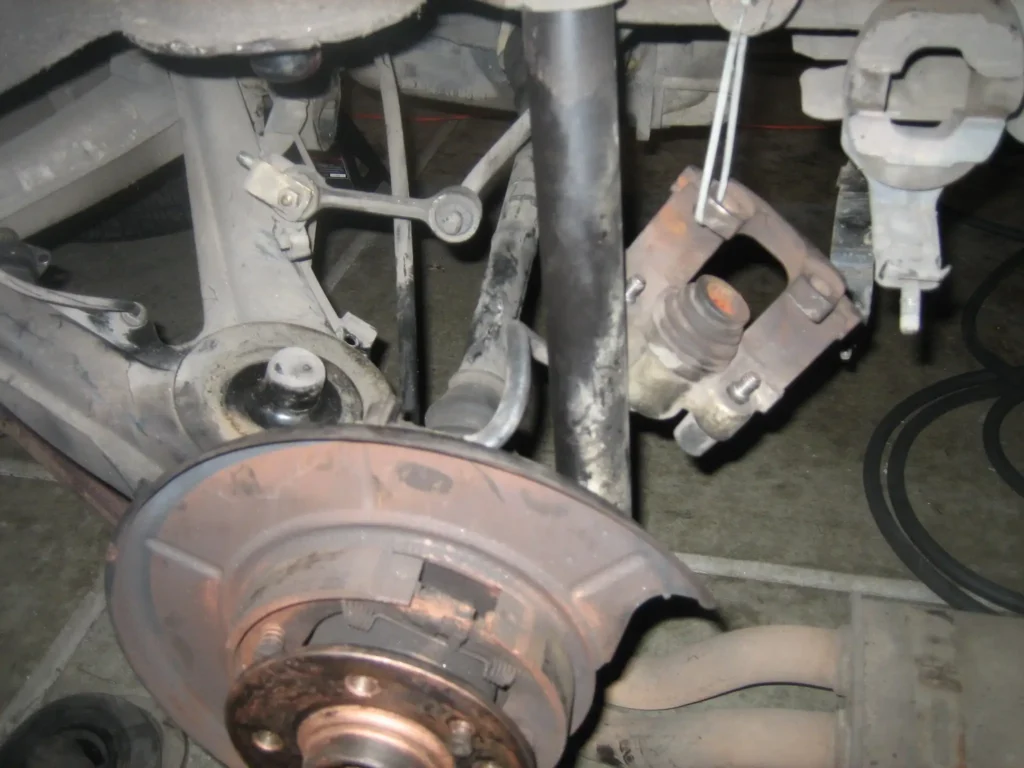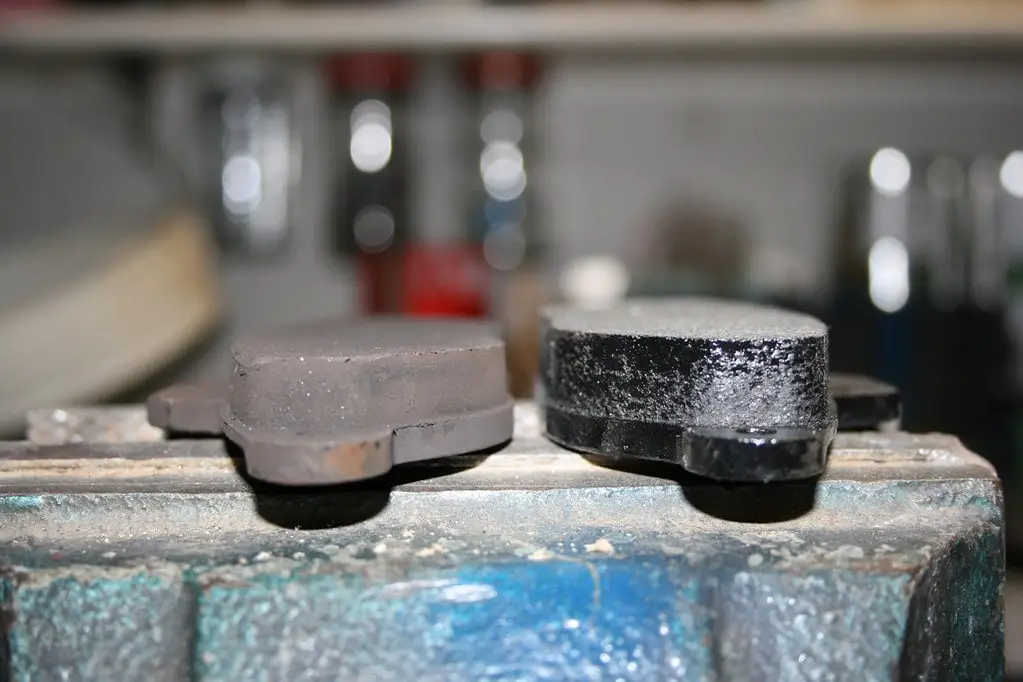Car Squeaks When Turning? 7 Common Causes and Easy Fixes
Is your peaceful drive being rudely interrupted by an annoying squeak every time you turn the steering wheel? You’re not alone. Many drivers experience this frustrating issue, which can range from a minor annoyance to a sign of serious steering or suspension problems.
In this comprehensive guide, we’ll explore the 7 most common reasons your car squeaks when turning and provide practical solutions to silence those squeals for good.
Why Does My Car Squeak When I Turn the Wheel?
Before we dive into the specific causes, it’s important to understand that squeaking noises when turning usually indicate a problem with your vehicle’s steering system, suspension, or related components. These squeaks typically occur due to lack of lubrication, worn parts, or mechanical issues. Let’s break down the most likely culprits:

-
Low or Contaminated Power Steering Fluid
One of the most common reasons for squeaking when turning is issues with your power steering fluid. This hydraulic fluid is crucial for smooth steering operation.
Symptoms:
- Squealing noise, especially during low-speed turns
- Difficulty turning the steering wheel
- Steering feels “heavy” or resistant
How to fix it:
- Check the power steering fluid level and top it up if necessary
- If the fluid is dark or contaminated, flush the system and replace with fresh fluid
- Inspect for leaks in the power steering system and repair as needed
Pro tip: Power steering fluid should typically be changed every 50,000 to 100,000 miles. Consult your vehicle’s manual for specific recommendations.
-
Worn or Damaged Power Steering Belt
The power steering belt connects the power steering pump to the engine. When it becomes worn, loose, or damaged, it can cause squeaking noises.
Symptoms:
- High-pitched squealing, especially when first starting the car or during sharp turns
- The noise may change pitch or intensity as you accelerate
How to fix it:
- Inspect the belt for signs of wear, cracking, or glazing
- Adjust the belt tension if it’s loose
- Replace the belt if it’s severely worn or damaged

-
Dry or Worn Suspension Components
Your car’s suspension system includes many moving parts that require proper lubrication. When these parts dry out or wear down, they can produce squeaking noises during turns.
Symptoms:
- Squeaking or creaking noises, especially over bumps or during turns
- The noise may be more pronounced after the car has been parked for a while
How to fix it:
- Lubricate suspension components like ball joints, tie rod ends, and control arm bushings
- Replace any worn suspension parts
- Consider a full suspension inspection if the problem persists
-
Steering Column Issues
Sometimes, the source of the squeak is right at your fingertips – in the steering column itself.
Symptoms:
- Squeaking noise comes directly from the steering wheel area
- The noise may be more noticeable when you apply pressure to the steering wheel
How to fix it:
- Lubricate the steering column joints and universal joints
- Tighten any loose steering column components
- In some cases, the steering column may need to be replaced by a professional
-
Worn Brake Pads or Rotors
While not directly related to steering, worn brake components can sometimes cause squeaking noises that are more noticeable during turns.
Symptoms:
- Squeaking or squealing noise that increases when applying the brakes
- The noise may be more pronounced during slow turns or when coming to a stop
How to fix it:
- Inspect brake pads for wear and replace if necessary
- Have the brake rotors checked for warping or uneven wear
- Consider having a full brake system inspection performed

-
Tire or Wheel Bearing Issues
Problems with your tires or wheel bearings can also lead to squeaking noises during turns.
Symptoms:
- Squeaking noise that changes with vehicle speed
- The noise may be accompanied by vibrations or a feeling of looseness in the steering
How to fix it:
- Check tire pressure and adjust as needed
- Inspect tires for uneven wear or damage
- Have wheel bearings inspected and replaced if worn
-
New Car Break-In Period
If you have a brand new car, some squeaking during turns is normal during the initial break-in period.
Symptoms:
- Minor squeaking noises during the first few hundred miles
- The noise should gradually diminish over time
How to fix it:
- Be patient – the noise should resolve on its own as components settle
- If the noise persists or worsens, consult your dealership
When to Seek Professional Help
While some causes of steering squeaks can be addressed with simple DIY maintenance, others require the expertise of a professional mechanic. Consider seeking help if:
- You’re uncomfortable performing car maintenance yourself
- The squeaking is accompanied by other symptoms like vibrations or difficulty steering
- You’ve attempted basic fixes and the problem persists
- The noise is very loud or seems to be getting worse
A professional can perform a thorough diagnostic check and pinpoint the exact cause of the squeak, ensuring your steering system remains safe and reliable.
Preventing Future Squeaks: Maintenance Tips
To keep your car’s steering system squeak-free, follow these maintenance tips:
- Regular fluid checks: Monitor power steering fluid levels and condition
- Timely belt replacements: Replace the power steering belt according to manufacturer recommendations
- Lubrication schedule: Keep suspension and steering components properly lubricated
- Alignment checks: Have your wheel alignment checked regularly to prevent uneven tire wear
- Address issues promptly: Don’t ignore new noises or changes in steering feel
By staying proactive with maintenance, you can prevent many steering issues before they start squeaking!
Frequently Asked Questions
Why is my car squeaking when I turn the wheel?
Squeaking when turning is often caused by low power steering fluid, worn belts, or dry suspension components. It’s important to diagnose and address the issue promptly to prevent further damage.
Why does my car creak when I make turns?
Creaking noises during turns typically indicate worn or dry suspension components, such as ball joints or control arm bushings. Proper lubrication or replacement of these parts can often resolve the issue.
Why does my car make a high-pitched sound when I turn?
High-pitched sounds when turning are frequently related to power steering system issues, such as a worn belt or low fluid. These problems should be addressed quickly to maintain proper steering function.
Why does my car suspension squeak when I turn?
Suspension squeaks during turns usually result from lack of lubrication in components like ball joints, tie rods, or bushings. Regular maintenance and lubrication can help prevent these noises.
Conclusion
Remember, while some car noises may seem minor, they can often indicate more serious issues developing. Always prioritize your safety and the health of your vehicle by addressing unusual noises promptly. With proper care and maintenance, you can keep your car’s steering smooth, quiet, and squeak-free for years to come.

